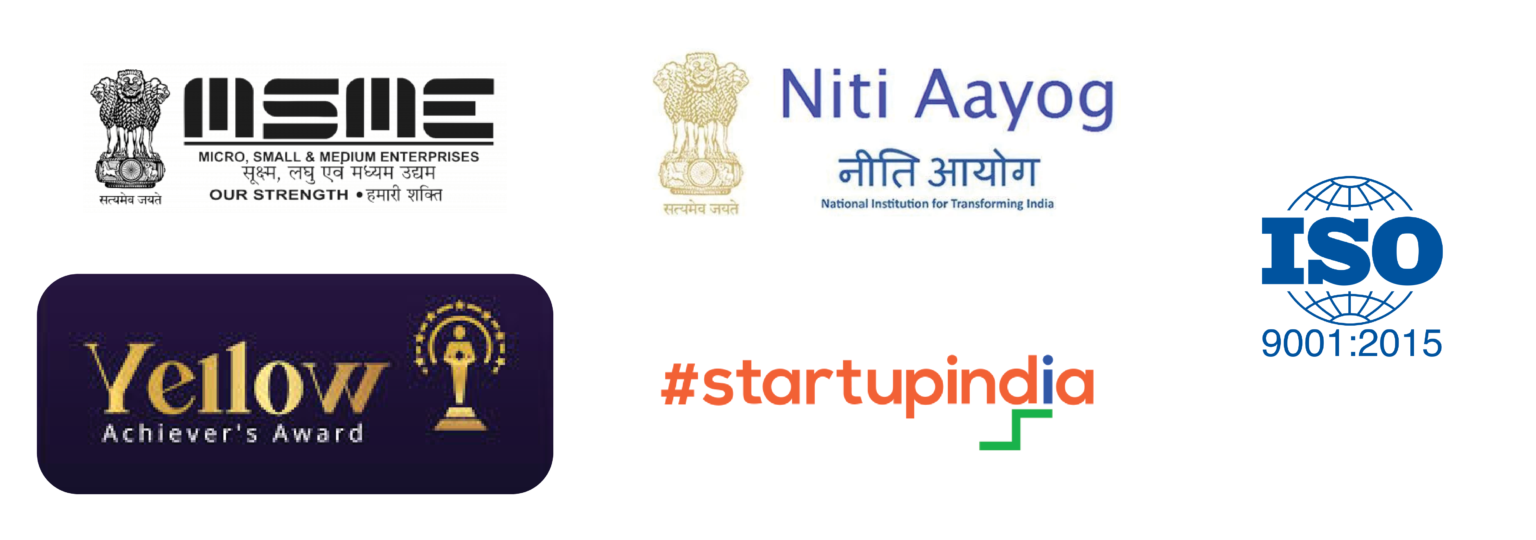Myths about Vastu shastra

Scientifically proven-Technically Driven Vastu consultancy from BPT -BPVastu
Myths about Vastu shastra
Vastu Shastra, an ancient Indian architectural science, offers guidelines on how to harmonize spaces with nature to promote well-being and prosperity. However, over the years, several myths and misconceptions have emerged, often leading to misunderstandings or misinterpretations. Here are some common Vastu Shastra myths you should be aware of:
1. Vastu is Based on Superstition or Religious Belief
- Myth: Many believe that Vastu Shastra is a form of superstition or a religious belief rather than a science.
- Reality: Vastu Shastra is based on principles of architecture, design, and environmental alignment with elements like air, water, earth, fire, and space. It focuses on creating balance and flow, and it can be applied without any religious or superstitious overtones.
2. Your House Will Bring Bad Luck if It’s Not Vastu-Compliant
- Myth: Some claim that a non-Vastu-compliant house will inevitably bring misfortune.
- Reality: While Vastu aims to create harmonious living spaces, it doesn’t “guarantee” good or bad luck. A home with good ventilation, natural light, and a balanced layout is beneficial, but issues in life are rarely solely due to architectural orientation.
3. North and East Directions Are Always Best for Prosperity
- Myth: A widespread belief is that only houses with a north or east entrance bring prosperity, and others are unlucky.
- Reality: While Vastu often emphasizes north and east for light and ventilation, each direction has unique benefits. For example, a west-facing home can still be very auspicious if other aspects of the layout are balanced correctly. The site location, surroundings, and family needs are also essential considerations.
4. Vastu is Only for New Homes or Commercial Spaces
- Myth: People often think Vastu is only for new constructions or business premises.
- Reality: Vastu principles can be adapted for both old and new homes, commercial buildings, and even small spaces like single rooms. Minor adjustments, such as furniture placement, color selection, or the arrangement of elements, can enhance the energy flow in any space.
5. Vastu Remedies are Expensive and Require Major Renovations
- Myth: It’s commonly believed that Vastu corrections are costly and need extensive renovations.
- Reality: Many Vastu remedies are simple, affordable, and don’t require structural changes. Small adjustments like using specific colors, shifting furniture, or placing mirrors strategically can bring about balance without large expenses.
6. South-Facing Houses Are Always Inauspicious
- Myth: There is a strong belief that south-facing houses bring misfortune and should be avoided.
- Reality: A south-facing house isn’t inherently bad. In fact, such homes can be very positive if designed according to Vastu principles. Proper attention to door placement, room orientation, and layout can make a south-facing house just as auspicious as any other.
7. Vastu Principles Are the Same Everywhere
- Myth: Some believe that Vastu guidelines are universal and apply uniformly, regardless of geography.
- Reality: Vastu was developed in the context of the Indian subcontinent’s climate, geography, and lifestyle. In different parts of the world, local factors (like climate and daylight orientation) play a role in how principles might be applied, and adjustments are often necessary.
8. Mirrors Should Only Be Placed in the North or East
- Myth: A common notion is that mirrors should only be positioned on north or east walls, as other directions bring negative energy.
- Reality: While mirrors can influence energy by reflecting light and space, their placement depends more on practical and aesthetic considerations than strict directional rules. As long as mirrors are not reflecting clutter or negative space, they can generally be placed in various locations.
9. Only Wealthy Homes Need Vastu Compliance
- Myth: Some think that only large, luxurious homes benefit from Vastu.
- Reality: Vastu can be beneficial for homes of all sizes and types. Whether it’s a small apartment or a large villa, simple Vastu principles—like proper ventilation, natural light, and balanced spaces—can positively impact well-being.
10. Plants in the House Bring Bad Luck
- Myth: There’s a belief that certain plants, particularly indoor plants, can attract negative energy or misfortune.
- Reality: Plants are actually encouraged in Vastu as they purify the air and bring life and vibrancy. The type and placement of plants matter more. For instance, plants like basil (tulsi) are considered auspicious, while thorny plants like cactus may be avoided indoors.
11. Kitchen Must Always Be in the Southeast
- Myth: Vastu suggests the southeast corner is best for kitchens, leading to the misconception that other placements are unlucky.
- Reality: While the southeast is ideal due to alignment with fire energy, kitchens in other locations can also be designed harmoniously. Adjustments in color, ventilation, and orientation of appliances can align a kitchen with Vastu principles even in a different location.
12. Vastu and Feng Shui Are the Same
- Myth: Many assume that Vastu Shastra and Feng Shui are identical.
- Reality: Although both aim to create harmonious environments, they stem from different cultural and philosophical backgrounds. Vastu is deeply rooted in Indian principles and relies on five elements, while Feng Shui comes from Chinese culture and has a different approach to energy flow (Chi).
13. Rooms Shouldn’t Have Windows Facing Certain Directions
- Myth: Some people think that windows facing certain directions, such as west or south, bring in negative energy.
- Reality: The key is proper balance and light. In hot climates, south-facing windows can indeed bring excessive heat, but they aren’t “bad luck.” Appropriate shades, window treatments, or ventilation strategies can mitigate any excess heat or glare.
By understanding these myths and recognizing Vastu Shastra’s flexibility, you can make better-informed decisions when planning or arranging spaces. The core goal of Vastu is to create a supportive, balanced environment rather than impose rigid rules.
To know more about BPVstu, do visit our website www.bpvactu.com or reach us on whatsapp no 9980789618



